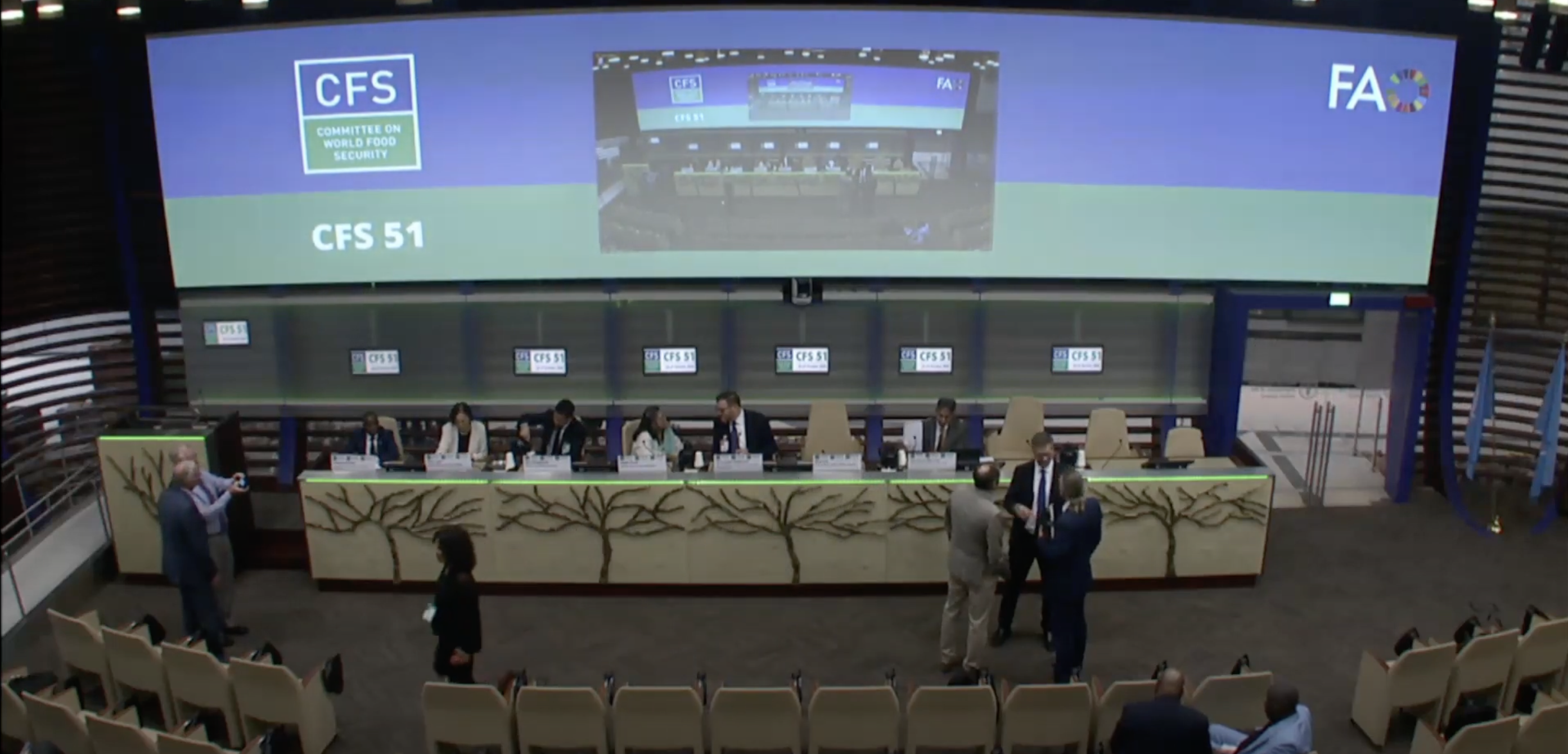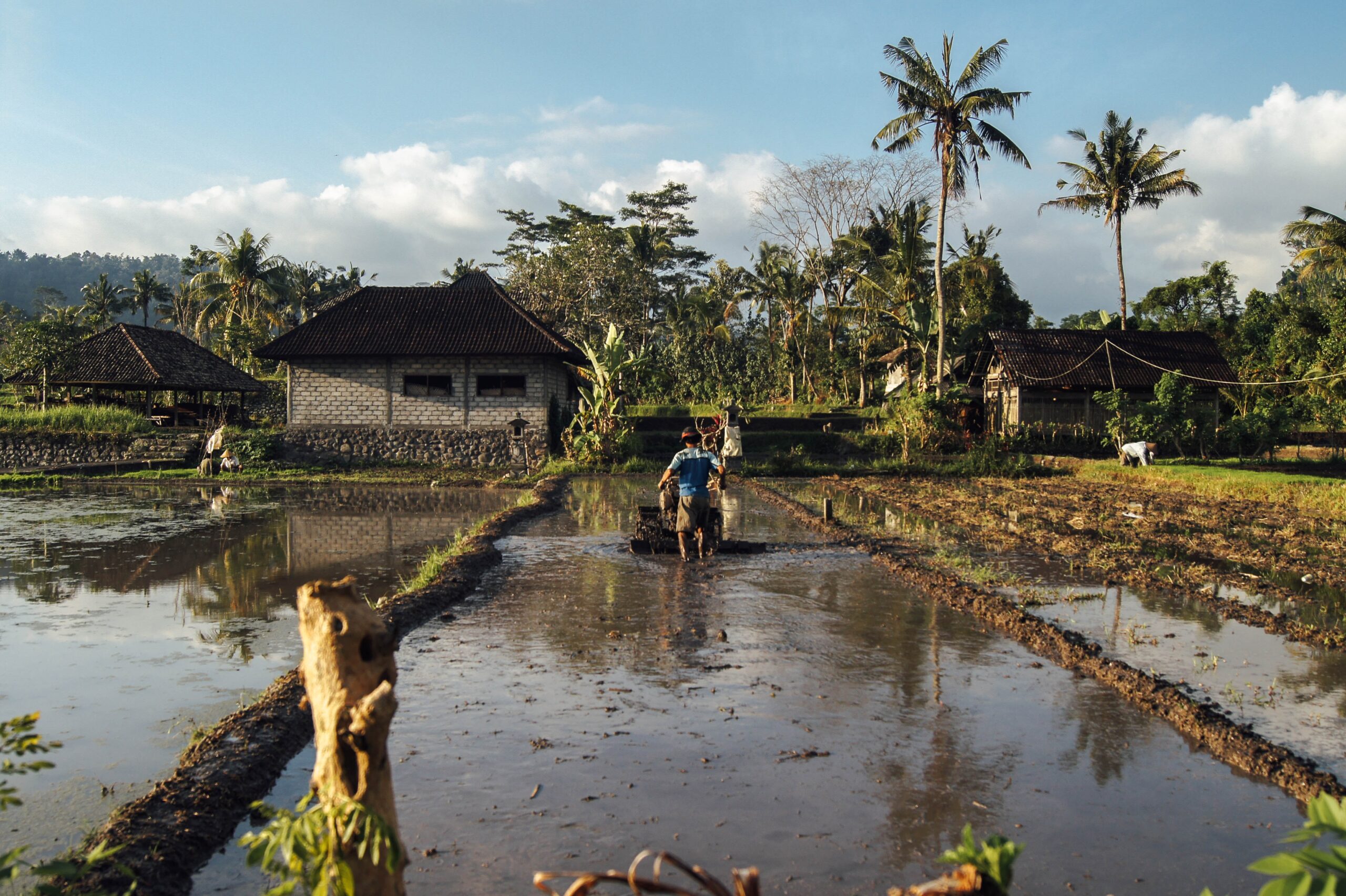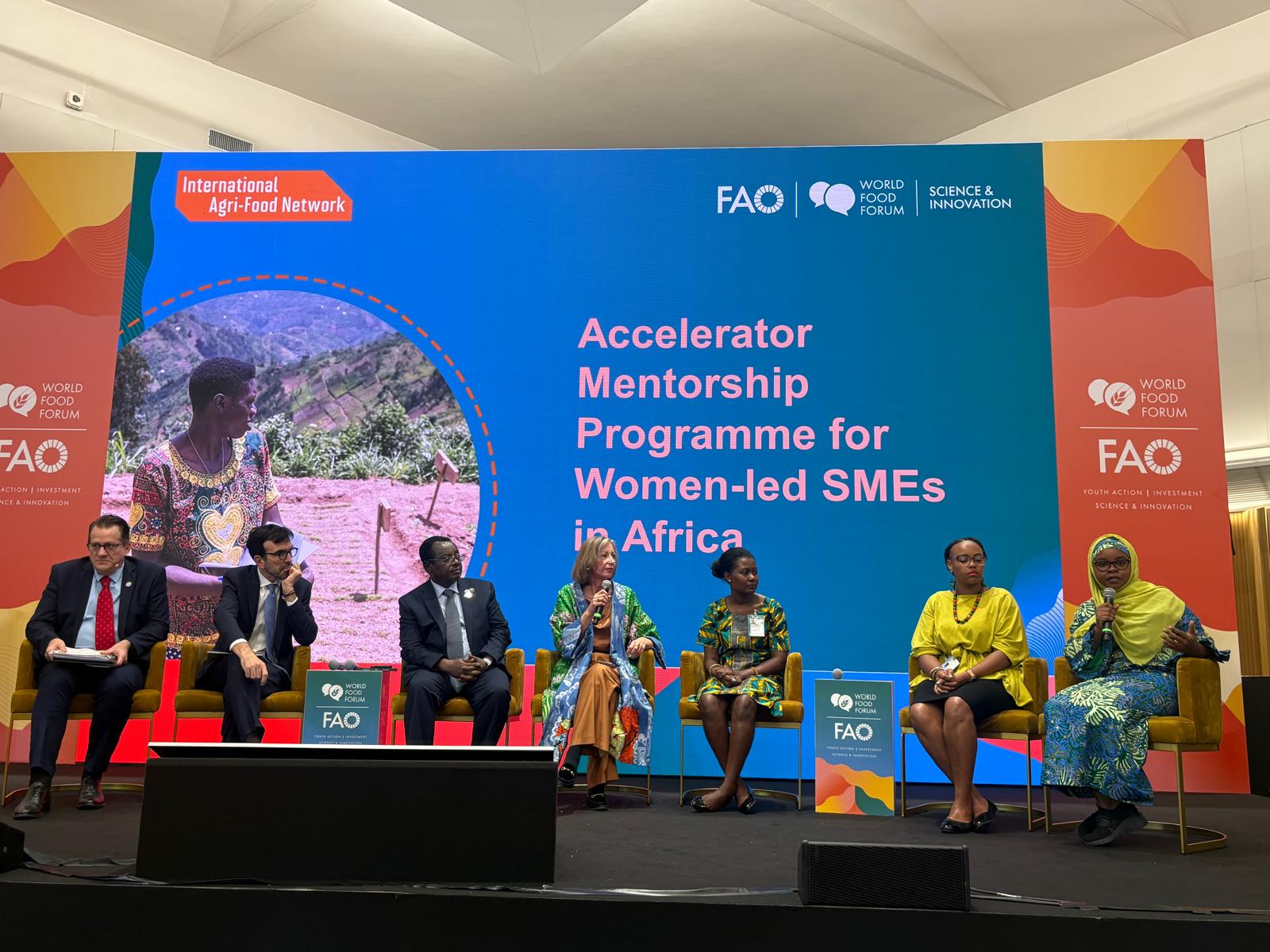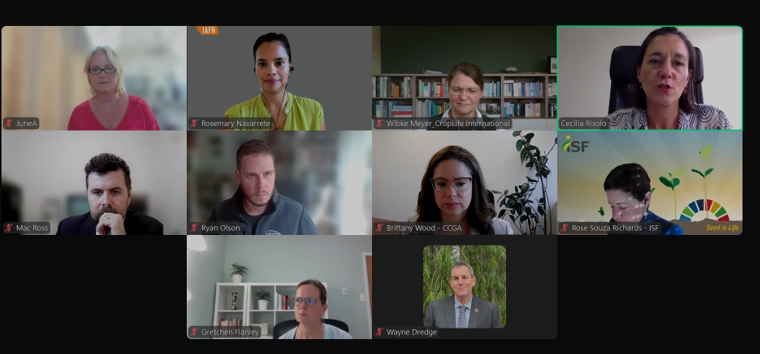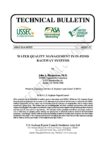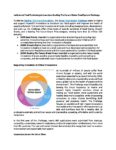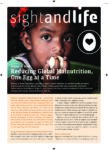Recent News & Updates
Upcoming Events
121st FAO Committee on Constitutional and Legal Matters
Norman E. Borlaug International Dialogue (World Food Prize)
IAFN Documents
-
Case Study – Water Quality Management in In-Pond Raceway Systems – U.S. Soybean Export Council
Download -
Case Study – Seeding the Future: Global Food Systems Challenge – IFT
Download -
Case Study – Reducing Global Malnutrition, One Egg at a Time – Sight and Life
Download
What is the International Agri-Food Network?
The International Agri-Food Network (IAFN) was formed in 1996 during the World Food Summit as an informal coalition of international trade associations involved in the agri-food sector at the global level. The network facilitates liaison among the member organizations and engages international organizations in the agri-food chain at a global level.


Private Sector Mechanism
The Private Sector Mechanism is an open platform providing a permanent seat for private enterprises right across the agri-food value chain, from farmers, to input providers, cooperatives, processors, SMEs and food companies. The private sector and the Bill and Melinda Gates Foundation, along with civil society and the research community, have permanent seats on the CFS Advisory Group alongside member countries of the Food and Agriculture Organisation (FAO) of the United Nations.
Committee on World Food Security
The Committee for World Food Security (CFS) is the United Nations’ forum for reviewing and following up on policies concerning world food security. It also examines issues which affect the world food situation. It was established as a result of the food crisis of the 1970s, upon recommendation from the 1974 World Food Conference.



